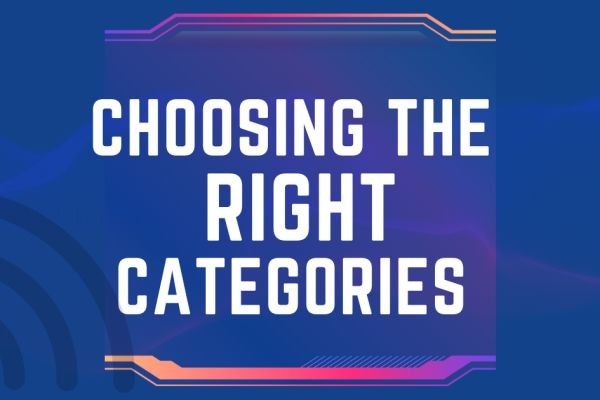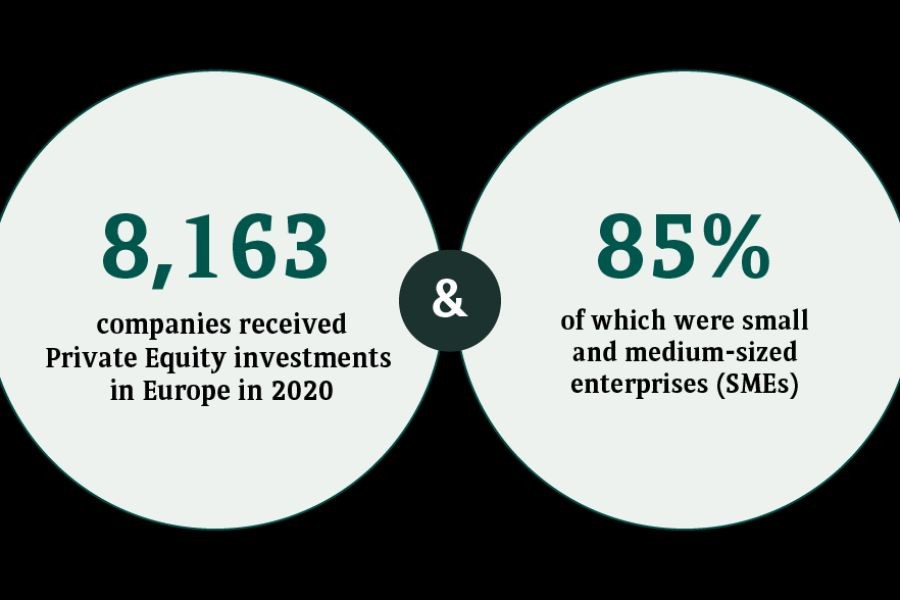In the bustling landscape of Australian real estate, the term "sunset clause" has become a point of contention for many property buyers. This legal stipulation, originally designed to protect both developers and buyers, is increasingly being manipulated by some developers to terminate contracts, often leaving buyers out in the cold. But what exactly are sunset clauses, and how are they impacting the Australian property market? Let's delve into this nuanced topic to uncover the layers of complexity and explore its implications in the current economic climate.
Understanding Sunset Clauses: A Double-Edged Sword
Sunset clauses are contractual provisions that set a deadline by which a project must be completed. If the developer fails to meet this deadline, the buyer has the option to withdraw from the contract and reclaim their deposit. This clause was initially intended to protect buyers from indefinite delays. However, in some cases, developers exploit this clause to cancel contracts when property values rise, allowing them to resell at higher prices.
According to the Australian Bureau of Statistics (ABS), property prices in major cities like Sydney and Melbourne have seen a significant increase over recent years, with a 6.7% rise in 2022 alone. This upward trend creates a lucrative opportunity for developers to renegotiate or cancel contracts under sunset clauses, capitalizing on the appreciated property values.
Case Study: A Melbourne Dilemma
Consider the case of a Melbourne-based developer who leveraged sunset clauses to cancel over 30 contracts in a high-demand suburb. Buyers had initially signed contracts in 2021, when the median property price was considerably lower. By 2023, the market had appreciated by 15%, prompting the developer to invoke the sunset clause, cancel the existing contracts, and resell the units at the new market rate. This move not only resulted in significant profits for the developer but also left the initial buyers scrambling for alternatives in a pricier market.
The Regulatory Landscape: Protecting the Consumer
The Australian Competition & Consumer Commission (ACCC) and the Australian Securities and Investments Commission (ASIC) have been increasingly vigilant in monitoring the use of sunset clauses. In recent years, legislative measures have been introduced to curb the misuse of these clauses, including the need for developer consent to be obtained from buyers before invoking the sunset clause.
In New South Wales, for instance, amendments to the Conveyancing Act require developers to provide a valid reason for the delay and obtain purchaser consent to terminate contracts under a sunset clause. This legislative change aims to balance the power dynamics between developers and buyers, ensuring fair dealing and transparency.
Pros and Cons of Sunset Clauses
Pros:
- Buyer Protection: Offers security against prolonged project delays.
- Market Flexibility: Allows for renegotiation in volatile markets.
- Investment Safeguard: Provides an exit strategy for buyers.
Cons:
- Exploitation Risk: Potential for developers to exploit rising markets.
- Financial Uncertainty: Can lead to financial strain if contracts are canceled.
- Market Instability: May contribute to market volatility and buyer distrust.
Common Myths and Mistakes
Myth vs. Reality
- Myth: Sunset clauses always favor the buyer. Reality: While designed to protect buyers, they can be manipulated by developers to capitalize on market changes.
- Myth: All developers misuse sunset clauses. Reality: Many reputable developers adhere to ethical practices and use sunset clauses as intended.
- Myth: Buyers have no recourse if a sunset clause is invoked. Reality: Recent legal reforms provide buyers with avenues to contest unfair contract cancellations.
Mistakes to Avoid
- Ignoring Contract Details: Buyers should thoroughly review all contractual clauses, including the sunset clause, before signing.
- Overlooking Market Trends: Understanding current and projected property market trends can help buyers make informed decisions.
- Failing to Seek Legal Advice: Professional advice can provide clarity and protection when navigating complex property contracts.
Future Trends and Predictions
With the Australian property market projected to continue its upward trajectory, the use of sunset clauses is likely to remain a contentious issue. According to the Reserve Bank of Australia (RBA), property prices are expected to rise by another 5% in the next year. This trend underscores the importance of continued regulatory oversight and consumer education to ensure fair practices in the real estate sector.
As technology and data analytics become more integrated into real estate transactions, we may see innovations that provide greater transparency and accountability in the use of sunset clauses. Blockchain technology, for instance, could offer immutable records of contract terms and amendments, reducing the potential for disputes.
Conclusion
Sunset clauses, when used ethically, serve as an essential tool for balancing the interests of developers and buyers in Australia's dynamic real estate market. However, the potential for misuse necessitates ongoing vigilance from regulatory bodies and informed decision-making by consumers. As the market evolves, so too must the strategies of those navigating its complexities. For buyers and investors, understanding the implications of sunset clauses and staying abreast of legislative changes will be key to making sound property decisions in the years ahead.
What's your take on the use of sunset clauses in the Australian property market? Share your insights and experiences in the comments below!
Related Search Queries
- How does a sunset clause work in real estate?
- Are sunset clauses legal in Australia?
- How do developers benefit from sunset clauses?
- Impact of sunset clauses on property buyers
- Regulations for sunset clauses in NSW
People Also Ask
What is a sunset clause in real estate contracts? A sunset clause is a contractual provision that sets a deadline for project completion, allowing buyers to exit the contract if the deadline is not met.
Why are sunset clauses controversial in Australia? Sunset clauses are controversial because some developers use them to cancel contracts when property values rise, allowing them to resell at higher prices.
How can buyers protect themselves from unfair use of sunset clauses? Buyers can protect themselves by thoroughly reviewing contract terms, staying informed about market trends, and seeking legal advice when necessary.































JaneWillia
3 months ago